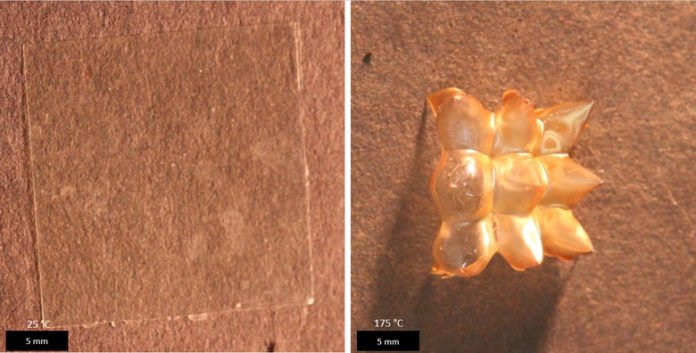Now it will be easy for entrepreneurs to turn vision into reality, thanks to the new Express Technology Licensing developed by Air Force Research Laboratory. The technology could help innovators and entrepreneurs to simply visit a website and discover AFRL-developed technologies that are available for license, learn more about them, and quickly and easily determine if a licensing opportunity fits their capabilities.
Through Express Technology Licensing, it easy not only to find out what technologies are available but also to learn about pre-negotiated terms and pricing.
Sunita Chavan, who leads the AFRL Materials and Manufacturing Directorate Technology Transfer office, describes the endeavor as one-stop shopping. The storefront-like format and user-friendly process make AFRL technologies available to a broader range of innovators and eliminate the difficulties typically associated with licensing, such as lengthy contract negotiations.”
“There is total transparency. If a business is interested in entering into a licensing agreement, they can fill out an easy application. Once an application is reviewed and approved, the business can quickly enter into an agreement, which can give it non-exclusive, partially-exclusive, or exclusive rights to the technology. Since the cost and terms for each licensing tier are already in place, the agreement can be completed in a fraction of the time a traditional arrangement would require.”
“The barrier to entry is low, of the pre-negotiated cost structure. We recognize that small business, especially startups, don’t have deep pockets. They have the passion and the energy, but not always the money. Our goal is not to make money. We want to make it easier.”
The concept is a win-win for everyone involved. The entrepreneur can take an existing lab-developed technology and further mature and refine it for their own use, while AFRL retains the rights to use the matured technology for the benefit of military applications. This symbiotic relationship unleashes the full potential of an AFRL-developed technology.
Currently, 36 AFRL Materials and Manufacturing Directorate-developed technologies, covering a broad research spectrum, are available for Express Licensing, and Chavan said she expects to make more available in the near future. She carefully chooses which technologies to offer in this way based on their current-use status within AFRL. For example, if a promising technology has been developed, but has not been fully exploited and matured for a period of time, she identifies it as a potential candidate for this type of licensing.
“It’s a way of taking our otherwise underused technologies and putting them out there for the benefit of everyone,” Chavan said.
According to Chavan, this innovative approach was inspired by the work done by the United States Navy, who has had success with this type of licensing model. The Materials and Manufacturing Directorate took a similar approach and, along with the AFRL 711th Human Performance Wing, worked in partnership with Defense TechLink, an organization that markets and facilitates licensing agreements between Department of Defense labs and private industry, to get the website up and running.
